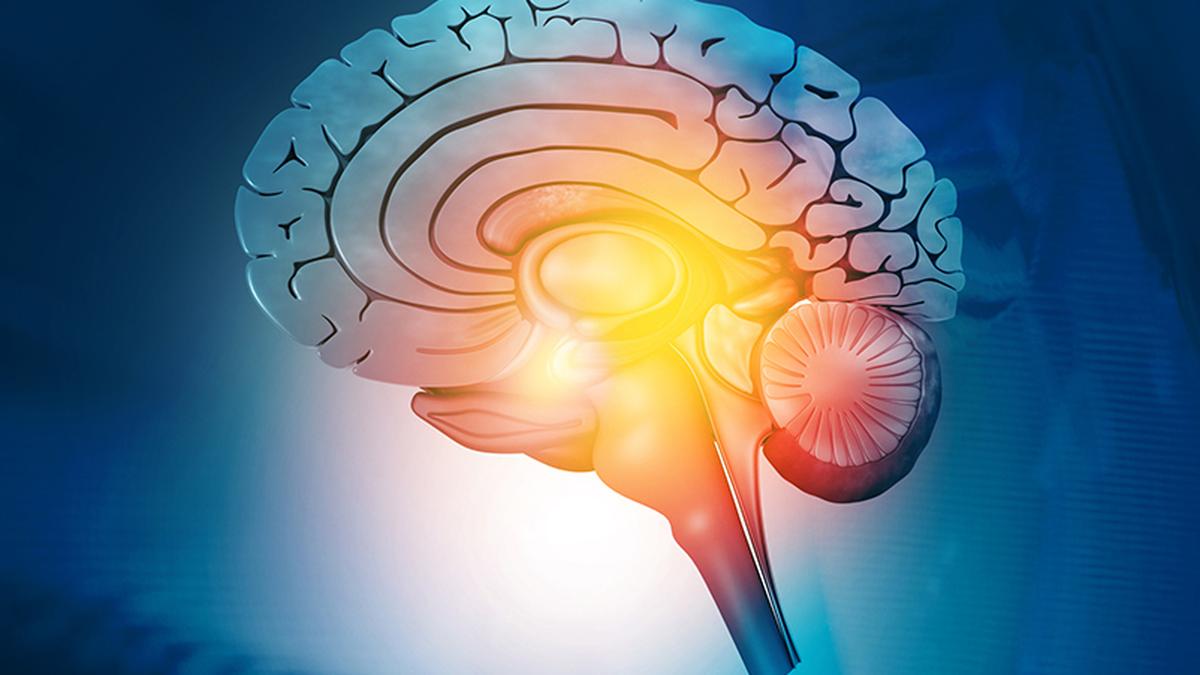Science
Study Reveals AI Use Reduces Tumour Detection Skills in Doctors

Health professionals may experience a decline in their ability to detect benign tumours after relying on artificial intelligence (AI) for a period of time. A new study found a significant drop in the skills of experienced clinicians to identify benign tumour growths in colonoscopies when not using AI, with a reported decrease of 20%.
Researchers from Poland, Norway, Sweden, and other European nations assessed more than 1,400 colonoscopies. Of these, approximately 800 were conducted without AI assistance, while 650 utilized AI during the procedure. The study focused on colonoscopies performed three months before and after the integration of AI support.
Colonoscopy is a critical procedure for inspecting the large intestine, specifically the colon and rectum, for potential diseases. According to the findings published in The Lancet Gastroenterology and Hepatology, the detection rate of adenomas—a type of non-cancerous tumour—decreased significantly from 28.4% before exposure to AI to 22.4% after three months of AI reliance.
The lead author, Marcin Romanczyk from the Academy of Silesia in Poland, expressed concern over the implications of these results. He noted that this research is the first to indicate a negative impact of regular AI use on healthcare professionals’ ability to perform essential medical tasks. “Our results are concerning, given that the adoption of AI in medicine is rapidly spreading. We urgently need more research into the impact of AI on health professionals’ skills across different medical fields,” Romanczyk stated.
The study raises questions about the balance between AI assistance and the preservation of fundamental clinical skills. Yuichi Mori, an author from the University of Oslo, highlighted the potential disconnect between AI-assisted and standard colonoscopies. He noted that previous trials demonstrated higher tumour detection rates with AI assistance, suggesting that the non-AI-assisted procedures examined in their study may differ significantly from those in earlier trials. “It could be the case that non-AI-assisted colonoscopy assessed in these trials is different from standard non-AI-assisted colonoscopy,” Mori explained.
The authors underscored the necessity for further research to better understand the dynamics at play when healthcare professionals and AI systems are not effectively synchronized.
In a commentary accompanying the research, Dr Omer Ahmad from University College London, who was not involved in the study, pointed out that the findings temper the enthusiasm surrounding rapid AI adoption in healthcare. He remarked that the results provide the “first real-world clinical evidence for the phenomenon of deskilling, potentially affecting patient-related outcomes.” Dr Ahmad emphasized the need to consider possible unintended clinical consequences, stating, “Although AI continues to offer great promise to enhance clinical outcomes, we must also safeguard against the quiet erosion of fundamental skills required for high-quality endoscopy.”
As the integration of AI technologies into healthcare continues to expand, this study serves as a critical reminder of the importance of maintaining essential clinical skills alongside technological advancement. The medical community is urged to approach AI adoption with caution, ensuring that patient outcomes remain the primary focus.
-

 World5 months ago
World5 months agoSBI Announces QIP Floor Price at ₹811.05 Per Share
-

 Lifestyle5 months ago
Lifestyle5 months agoCept Unveils ₹3.1 Crore Urban Mobility Plan for Sustainable Growth
-

 Science4 months ago
Science4 months agoNew Blood Group Discovered in South Indian Woman at Rotary Centre
-

 World5 months ago
World5 months agoTorrential Rains Cause Flash Flooding in New York and New Jersey
-

 Top Stories5 months ago
Top Stories5 months agoKonkani Cultural Organisation to Host Pearl Jubilee in Abu Dhabi
-

 Sports4 months ago
Sports4 months agoBroad Advocates for Bowling Change Ahead of Final Test Against India
-

 Science5 months ago
Science5 months agoNothing Headphone 1 Review: A Bold Contender in Audio Design
-

 Top Stories5 months ago
Top Stories5 months agoAir India Crash Investigation Highlights Boeing Fuel Switch Concerns
-

 Business5 months ago
Business5 months agoIndian Stock Market Rebounds: Sensex and Nifty Rise After Four-Day Decline
-

 Sports4 months ago
Sports4 months agoCristian Totti Retires at 19: Pressure of Fame Takes Toll
-

 Politics5 months ago
Politics5 months agoAbandoned Doberman Finds New Home After Journey to Prague
-

 Top Stories5 months ago
Top Stories5 months agoPatna Bank Manager Abhishek Varun Found Dead in Well









